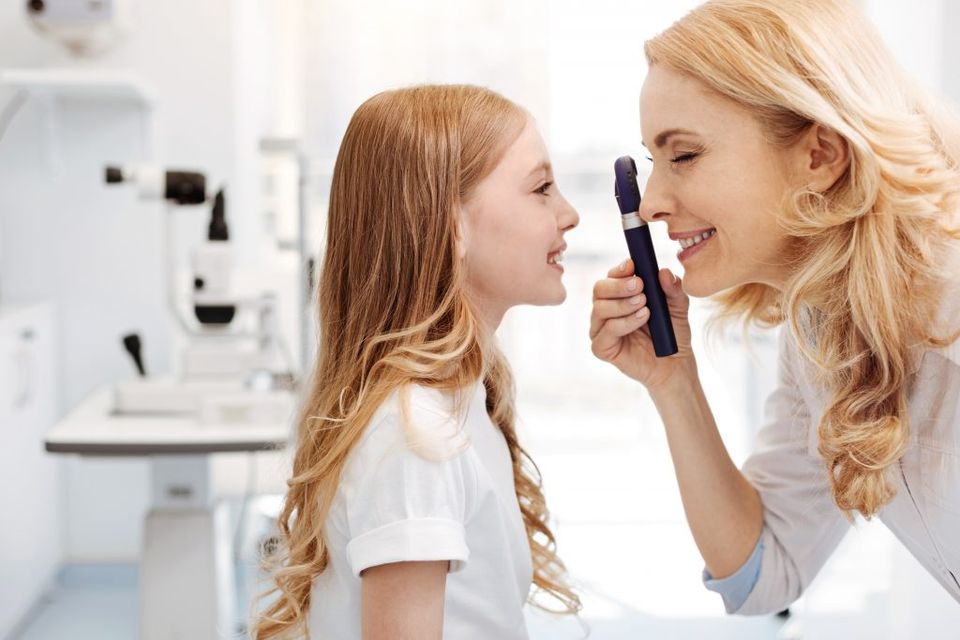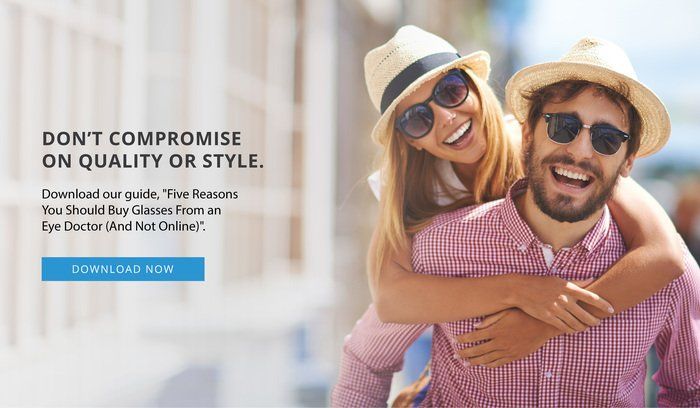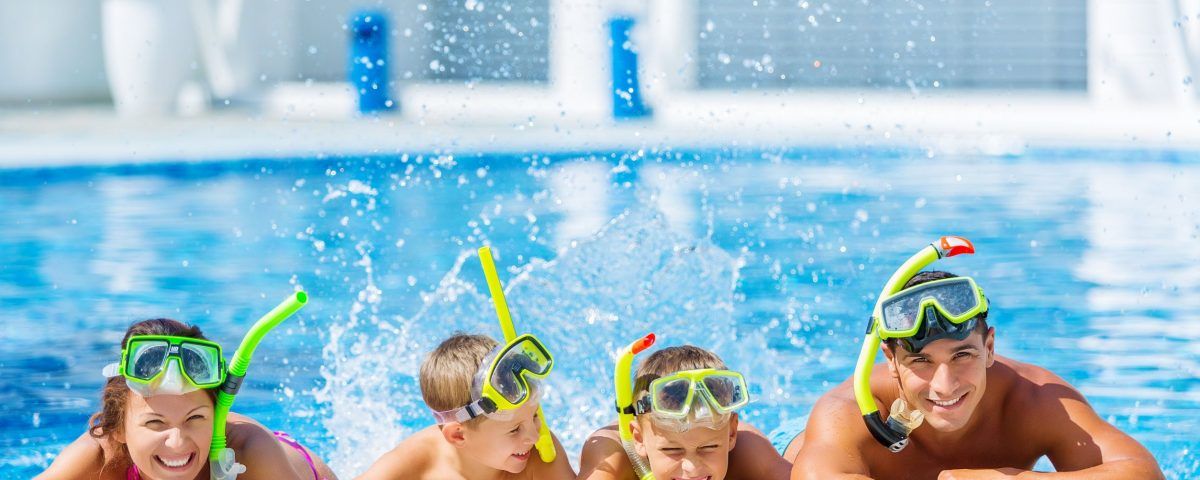Call Us Now: (765) 742-1955
Blog Layout
Five Ways to Protect Your Eyes from the Sun this Summer

Summer is FINALLY here! That means pool time, play time, vacation time, barbecues, and fun in the sun! We love to spend time outside and enjoy the wonderful weather, but are you doing everything you can to protect your and your loved ones’ eyes from the sun?
It’s common knowledge and practice to regularly apply sunscreen to protect our skin (we all probably have at least one memory where we felt how brutal sun damage can be with a terrible sunburn). However, eye protection in the summer is commonly overlooked, if not forgotten. Vision is a sense that you might take for granted, especially when you don’t immediately feel the effects of the sun, so the idea of eye protection may not seem as important. However, our eyes are vulnerable to the sun’s rays, and without proper protection, serious damage can occur.
So, let’s talk about sun protection and five ways to protect your eyes from the sun this summer.
1. Be educated.
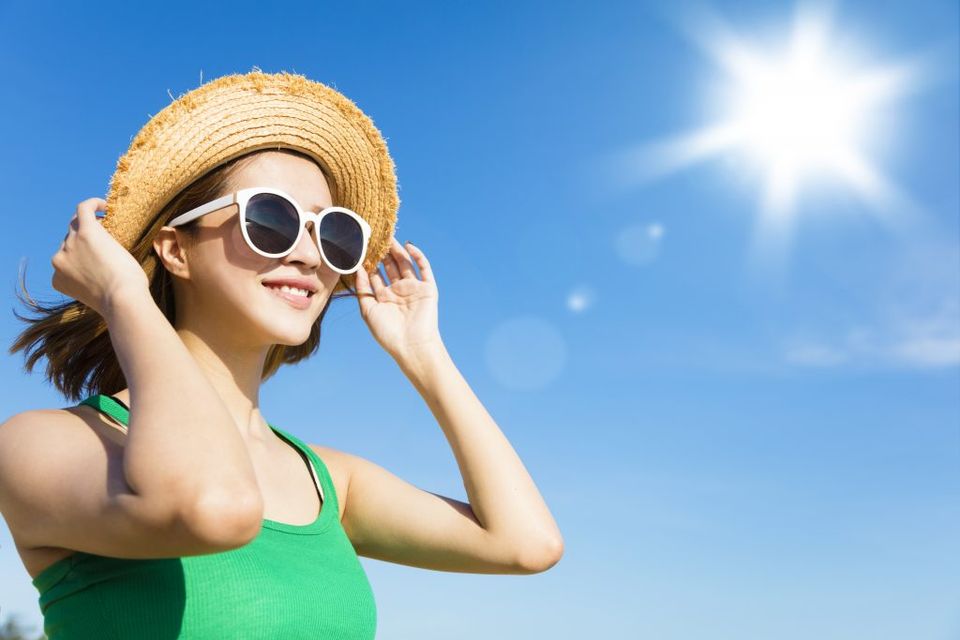
This is the most important point: understanding why the sun’s rays are harmful. Terms like radiation and UV are typically thrown around when discussing sun protection, but what do those terms actually mean? How can the sun actually cause harm to our skin and eyes?
Radiation
Radiation
is an invisible force of energy. It’s a scientific term from the physics field. Without breaking it down too much, electromagnetic radiation is a type of energy that travels via waves (like light, for example).
UV Rays
UV
is short for ultraviolet and is a type of electromagnetic radiation. It’s an invisible type of light that is present in the sun’s rays. Specifically, there are three types: UVA, UVB, and UVC
rays. The letter distinction basically designates the energy level associated with the light ray and the effects it can have on our bodies.
Ultraviolet rays are present all year long, but they’re strongest in the spring and summer months. It’s also important to recognize that these rays are present on cloudy days and are able to bounce off of surfaces (such as snow, sand, and water), so simply not looking at the sun is not enough protection.
UV rays are harmful because they can penetrate skin surfaces and lead to long-term diseases (most commonly: skin cancers). Specifically for the eyes, if proper precautionary measures are not taken, eye cancer, cataracts, and yes, even eye sunburn (clinically known as photokeratitis) can occur. Education on how the sun and its rays affect the body is important in understanding why eye protection in summer is particularly important.
2. Be mindful of your kiddos.

Kids’ eyes are precious and need to be protected, but they commonly are overlooked. That’s why kids tend to face more sun exposure and sun damage. When young, their eyes aren’t fully developed. When paired with lack of protection, kids may be susceptible to eye diseases when they’re older. To protect your kids, make sure you’re mindful of their time spent outside and you’re asking them about their eyes every time you stop to lather them up with sunscreen. Sunglasses, wide-brimmed hats, and breaks in the shade are all great ways to help offer eye protection from the sun.
If you notice a lot of blinking, rubbing, squinting, tugging, or redness, your child may be experiencing eye sunburn. Make sure they spend some time away from the sun and their eyes remain covered to help reduce soreness. Cold compresses are one way to help relieve pain.
3. Start good habits.
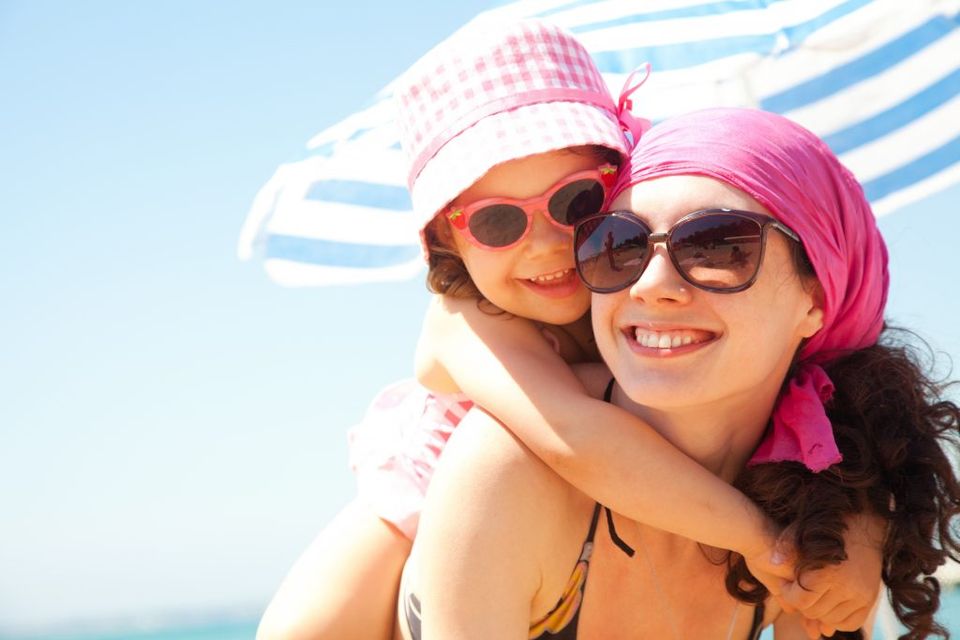
Start good eye protection habits and start them early. Eye protection shouldn’t be an afterthought, and the only way to get started is to consciously keep those eyes covered. Work with your kids, so they’re excited to put on sunglasses and wear their hats. Educate them on the importance of skincare and eye health so they can foster good habits as adults. And, make sure you’re practicing those good habits! To protect your eyes from the sun this summer:
Wear Sunglasses
Sunglasses keep your eyes covered and protected from UV rays. You don’t have to break the bank to get sunglasses that provide adequate protection, but make sure they state 100% UVA and UVB protection. If you wear eyeglasses, have a plan for how to protect your eyes (whether that’s prescription sunglasses, switching to contacts, or considering a transitions lens frame).
Wear Hats
Sunglasses offer a lot of protection, but not full coverage. There are still gaps around the lenses that give access to sun rays. Wide-brimmed hats help here, with further shade protection that shields the entire face.
Seek Shade
Being out in the sun is good for us, so don’t feel like you always have to stay out of its way. But, be sure to seek shade at regular intervals and when the sun is particularly brutal or bright. Shade provides relief from rays and helps us protect our bodies.
4. Consider your outdoor environment.
Think about where you are this summer. Different environments may require different eye care needs. For example, if you’re spending a lot of time at a pool or body of water, it will be important to also consider the chemical component of the water and the need for goggles. If you’re at a beach, a hat and sunglasses are a must. If you’re in a city, sunglasses may be enough protection.
If you’re someone who wears contacts, plan ahead and always have eye drops on hand in case your eyes become irritated or dehydrated. If you wear glasses, be sure to have a plan for sun protection and a means of shielding your eyes (even if the best you can do is a hat). Planning ahead and showing some foresight is an important component in preventative eye care.
5. Schedule regular eye appointments.
Checking in with an optometrist
is important. If you wear corrective lenses, then make sure you’re keeping your annual appointment so your doctor can keep track of your vision to ensure no major changes are happening.
If you don’t wear or need corrective lenses, it’s still important to check in with an eye doctor, especially for kids. An appointment every three years for kids, or every four to five years for an adult, can help you find any long-term vision concerns that may be developing.
If you notice your eyes are more sensitive to the light, you have sore eyes, or your vision seems to be changing, reach out to a professional. They’re here to help and can provide guidance and advice on what step to take next.
We understand you want your loved ones to have a safe and healthy summer. These five ways to protect your eyes from the sun this summer will help you take care of your vision!
Share
Tweet
Share
Mail
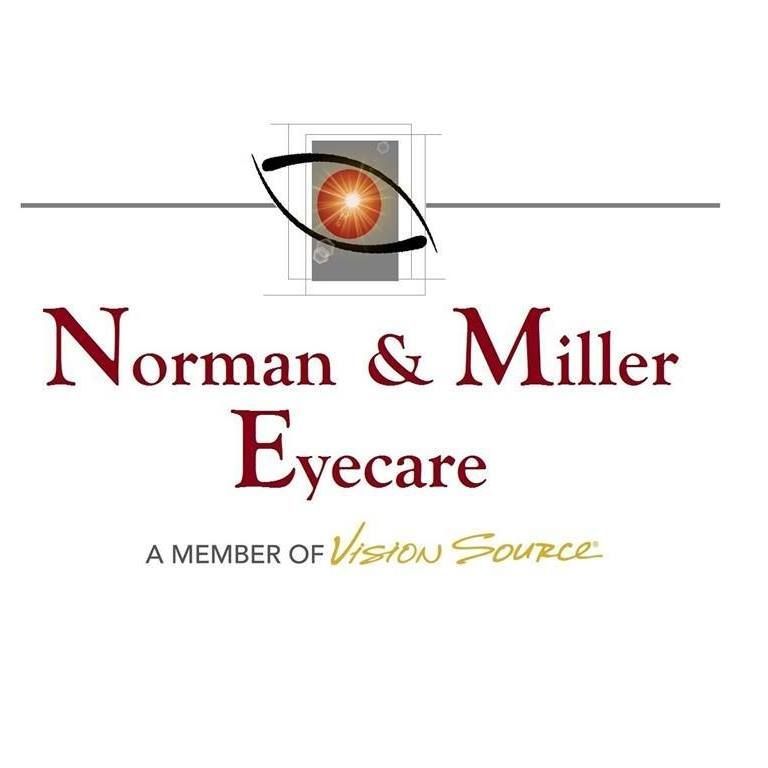
March 13, 2024
Dr. Steven C. Mather 1401 Union Street Lafayette, Indiana 47904 765.742.1955 Dear Esteemed Patients, After 43 years of dedicated service, it is with mixed emotions that I announce my retirement from my medical practice as of March 9th. It has been an incredible journey, one that I have cherished every moment of, and I am looking forward to spending more time on my new title of Grandpa. Our practice has rich history that dates back to 1946 with Dr. Peterson and in 1959 my uncle, Dr. Robert Mather, succeeded him. I was overjoyed to continue his legacy when I took over the practice in 1989. Over the years, we have built strong relations with our patients, and for that, we are profoundly grateful. Your loyalty and trust have been the driving force behind our success, and we cannot thank you enough for allowing us to be part of your lives for the past 78 years. I am thrilled to inform you that I have chosen to entrust the future of our practice to our friends at Norman and Miller Eyecare. They bring with them a wealth of knowledge, skill, and compassion, ensuring that you will continue to receive the highest quality of care. As I embark on this new chapter of my life, I do so with deep sense of gratitude and appreciation for each and every one of you. While I will miss seeing your familiar faces in the office, I am confident that you will be in excellent hands with Norman and Miller Eyecare. Please join me in welcoming them to our practice and continuing to entrust them with your healthcare needs. They share our commitment to providing personalized, compassionate care, and I am confident that they will uphold the legacy that we have worked so hard to build. They will continue to serve you at our 1401 Union Street location, however, if there is a location more convenient to you, your records will be available at all Norman and Miller Eyecare locations. Thank you once again for your trust and support over the years. It has been an honor and privilege to serve you, and I look forward to watching our practice flourish under the new leadership. With Warm Regards,
Phone: (765) 742-1955 | Fax:
(765) 742-2020 | Address: 1401 Union Street, Lafayette, Indiana 47904-2059
Content, including images, displayed on this website is protected by copyright laws. Downloading, republication, retransmission or reproduction of content on this website is strictly prohibited. Terms of Use
| Privacy Policy


